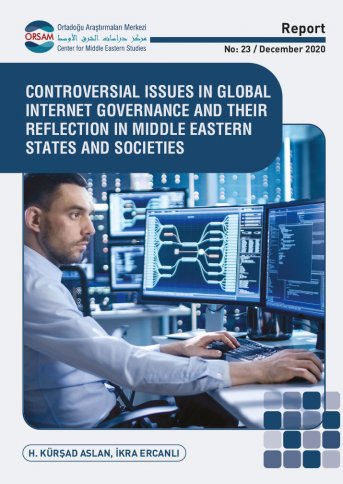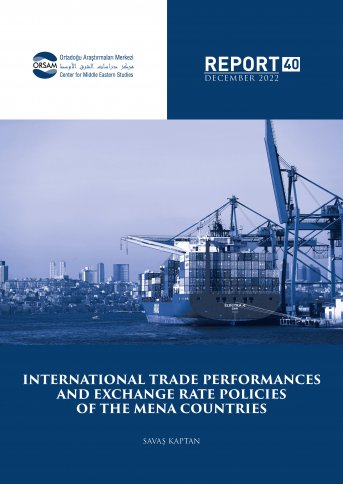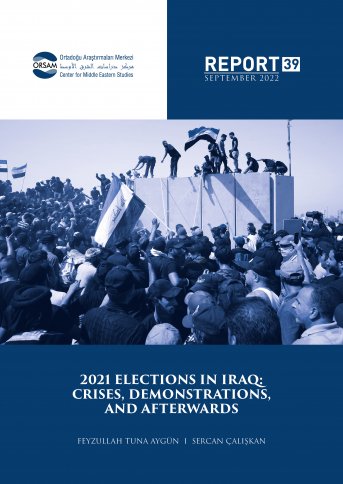
Controversial Issues in Global Internet Governance and Their Reflection in Middle Eastern States and Societies
Governance of global commons, including global internet governance, is becoming more and more complex as the world’s political order has been in flux especially in the past two decades. These controversial issues have frequently become intertwined between national regulations and international law. As one of the most important global public goods, cyberspace is highly competitive and nationstates confront each other due to their conflicting norms, values, rules, and principles regarding internet governance. Sometimes like-minded states work together and attempt to enforce their own rules and regulations and resist the existing internet governance regime around the globe. Joseph Nye (2014) maintains that the internet is ad hoc regulated through a newly emerging cyber regime complex, and this regime has dense regulation in some subject areas but is largely unregulated in some other issue areas.
In the first part of this report, main actors and two rival blocs in the global cyberspace governance, principles of the internet design, and competing norms of the Western (USA and EU) and Eastern camp (China and Russia) will be discussed. In this complex political environment, middle powers of the Middle East (predominantly Iran, Saudi Arabia, and Egypt) along with some others are taken as cases with their diverging positions. And it is interesting to observe that these Middle Eastern nations have been following dualistic policies in their external and internal political context. Therefore, in the second part, national policies of these governments about internet governance will be analyzed. It can be seen that as the global political order has been shifting towards being more of a multipolar type, middle powers tend to follow hybrid national policies. As critical international relations theoretician Robert Cox suggests, the middlepower role continually evolves. In the past two decades, we can observe the appearance of a group of emerging middle powers in the global political economy; and Goldman Sachs has conceptualised a list of eleven countries, titled the “Next 11” and within this group worth mentioning are Egypt, Indonesia, Iran, Nigeria, Pakistan, and Turkey.3 Therefore, capturing and identifying the nuances of the foreign policy behavior of the emerging middle powers of the Middle East will be recorded as being a very valuable academic effort. This report presents a case study to highlight the policy choices of middle powers in the Middle East region in the face of fluctuating global politics.








